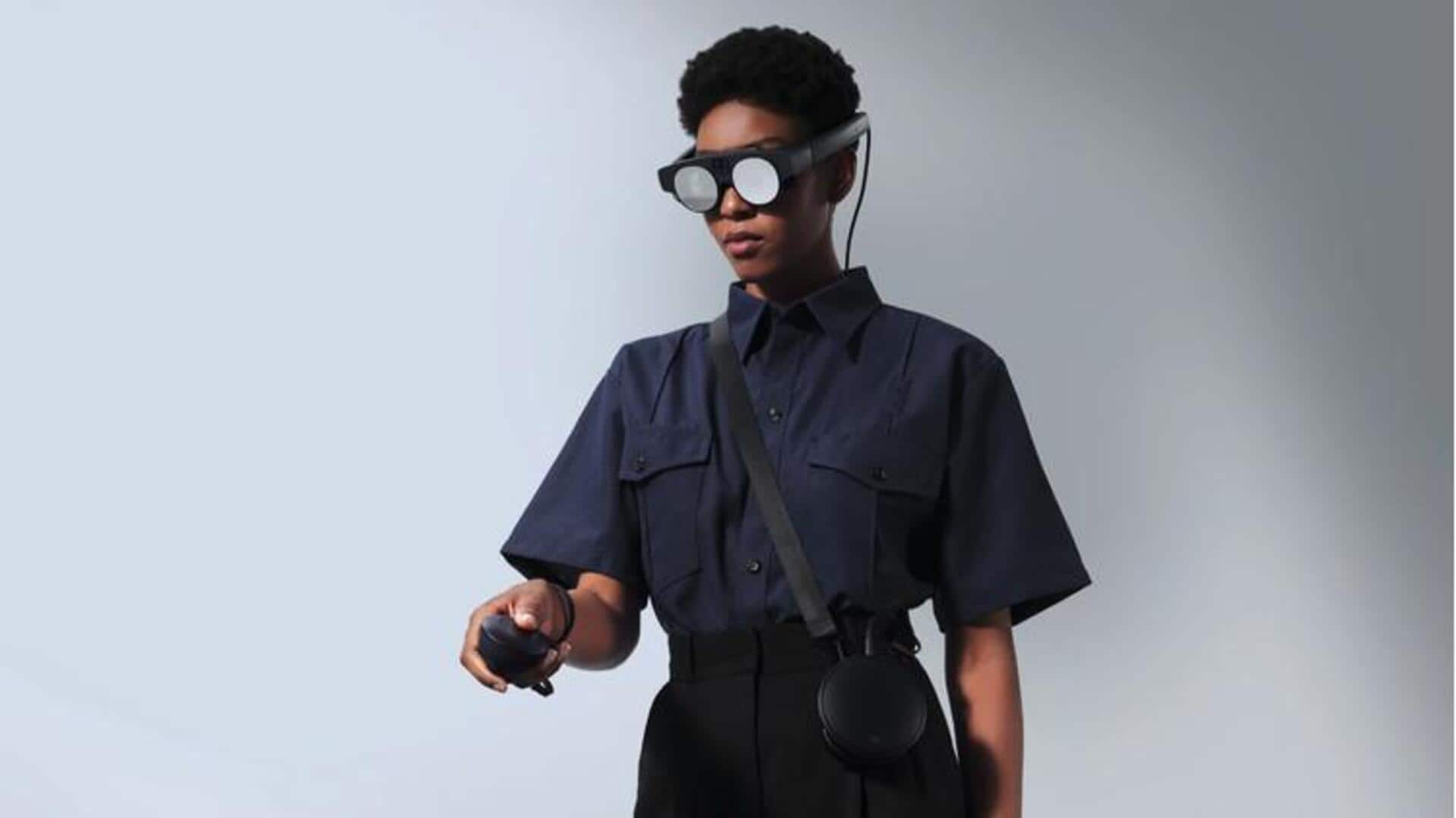
Google and Magic Leap sign deal for AR experiences
What's the story
Google and augmented reality startup Magic Leap have formed a strategic technology partnership, according to Reuters. The collaboration aims to create immersive experiences that merge the physical and digital realms. This move suggests Google's potential return to the augmented and virtual reality (AR/VR) market, an area it had previously left to competitors like Meta and Apple. The partnership will utilize Magic Leap's proficiency in optics and device manufacturing along with Google's technology platforms.
Company history
Magic Leap's past struggles and future prospects
Google is an investor in Magic Leap, which is majority-owned by Saudi Arabia's Public Investment Fund. Despite being an early favorite in the AR headset space, Magic Leap has faced challenges in finding a consumer niche. Recently, the company has been considering licensing its technology or manufacturing components for others. Both Google and Magic Leap have refrained from commenting on whether their partnership will result in a consumer AR device.
AR developments
Google recently demonstrated its AR ambitions
Julie Larson-Green, Magic Leap's Chief Technology Officer, has expressed enthusiasm about working with Google's "cool AI tie-ins" with augmented reality, as showcased at its recent developer conference. Google has also demonstrated an AI agent called Project Astra that answered questions about what the wearer was seeing through an AR glass prototype. This feature is similar to Meta's plans for its Ray-Ban Meta Smart Glasses.
Scenario
Collaboration with Samsung Electronics would remain unaffected
It's worth noting that Google's collaboration with Samsung Electronics on mixed reality technologies remains unaffected by this new alliance with Magic Leap. Google has been collaborating with Samsung since early last year. If the tech gaint re-enters the AR glasses market, it would mark a significant shift in its relationship with the technology after retreating from it due to design issues and privacy concerns over a decade ago when it introduced the Google Glass smart glasses.